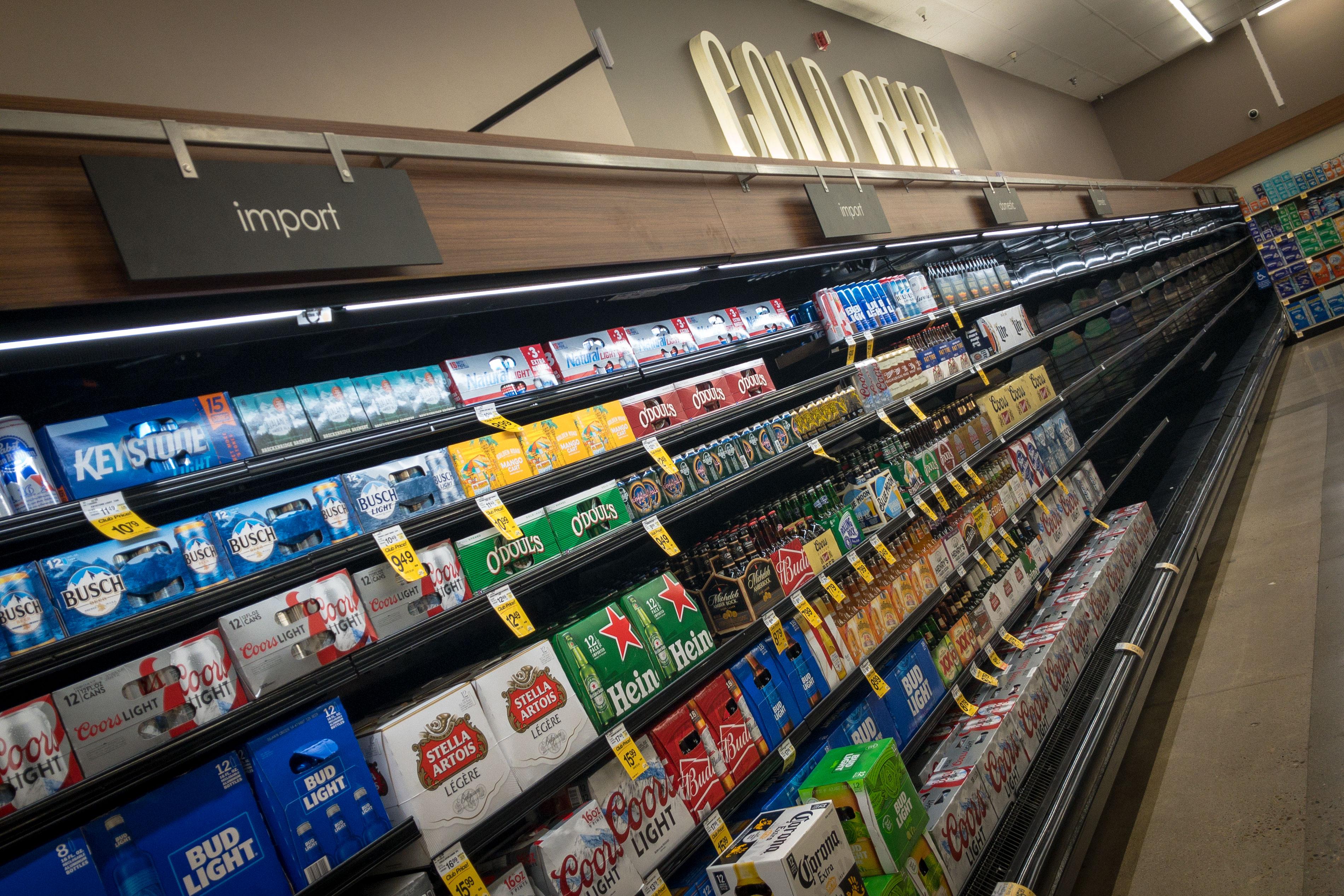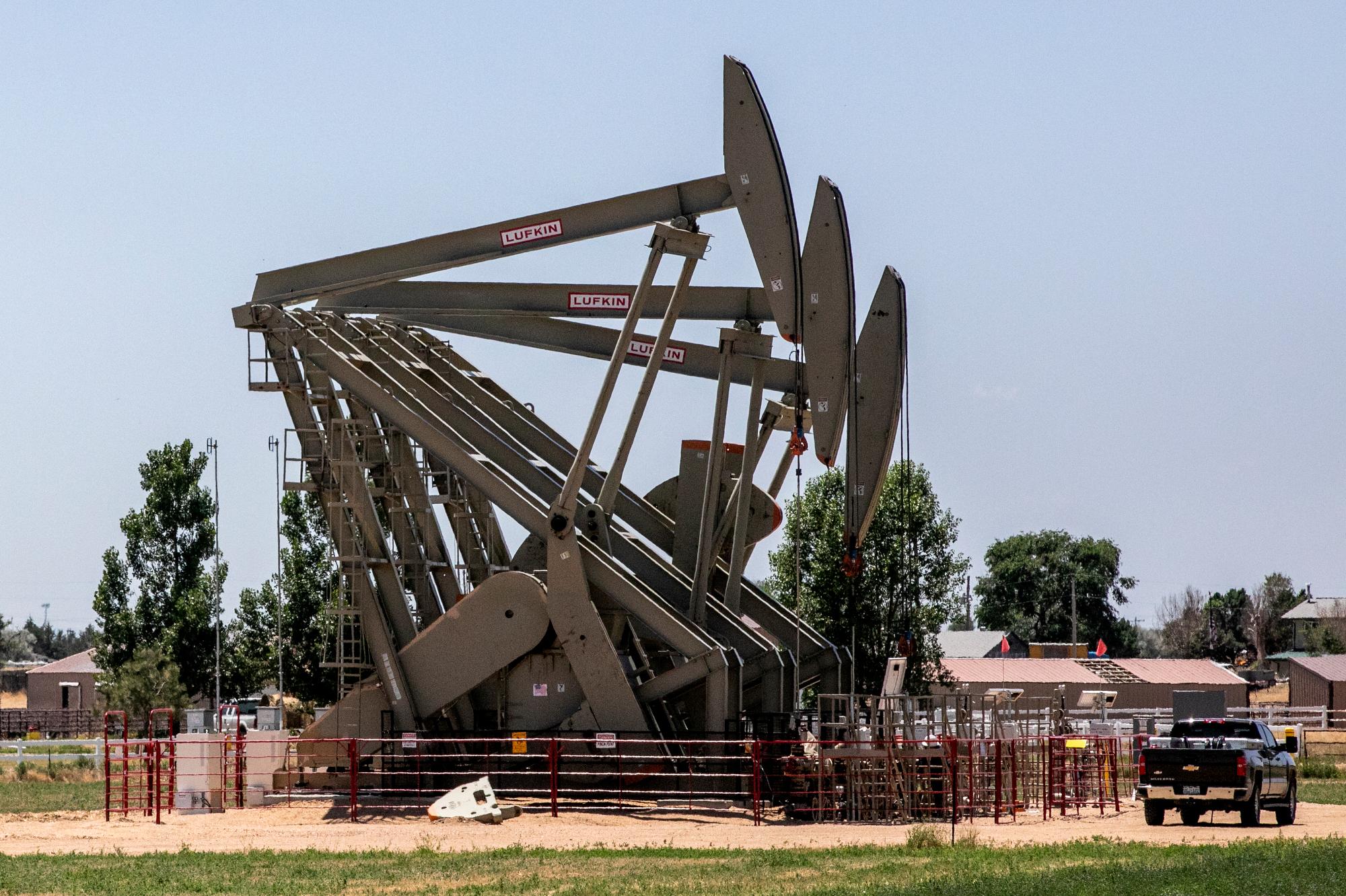

Here lies 3.2 beer, 1933-2019. The peculiar memento from Prohibition wasn’t done in by Colorado’s bottomless thirst for craft beer, but by lawmakers. At the start of the New Year, full strength beer can be sold in groceries and convenience stores. About 1,000 stores statewide are expected to make the shift on day one.
“It’s overnight a doubling of the retail space, and it is going to be a new world for Colorado consumers,” said Andres Gil Zaldana, executive director of the Colorado Brewers Guild.
Lawmakers made the change earlier in 2018 and Gov. John Hickenlooper, a former brew pub owner, signed it into law (it’s been a long and winding road for 3.2 beer, here's a good backstory, including the 2016 and 2018 laws to end it). Previously, no liquor license owner could have more than one location for full strength beer sales. So chains were forced to sell just 3.2 percent alcohol beer, a confusing and dated restriction.
Liquor stores and some brewers, especially smaller operations, opposed the change. Part of the resistance from craft brewers was fear it will be harder for small independents to convince large chains to take a chance on their beer. They argued the small independent liquor store model allowed for the proliferation of craft beers and breweries in Colorado, close to 400 at last count.
Zaldana said he’s “not a believer that it will automatically reduce the amount and diversity of craft beer.” Expanding into grocery and convenience stores will grow the overall beer market and specialty liquor stores will continue to offer a variety of small brands. He did admit, however, that no one knows exactly how this will affect the industry.
Rufus Nagel, the CEO at Molly’s Spirits, thinks the entrance of groceries and chains into the market is bad news for small brewers.
“Even if they wanted to be in [all] King Soopers they probably don't have the production capability to do so,” Nagel said.
Also in danger are small liquor stores, especially those located next to a grocery. It’s a common sight across Colorado since many liquor stores naturally grew up around grocery stores for consumer convenience.
“I think those stores that are oriented towards the six pack on the way home from work are going to be strongly impacted when that six pack can be grabbed at a gas station or 7/11 or whatever,” Nagel said.
He’s confident that larger stores like his, what he calls “destination liquor stores,” will survive and even thrive because they can offer a lot of specialty beers, wine and liquor that larger grocery and convenience chains and small liquor stores cannot.
“For my particular liquor store I think it will be advantageous, even though for liquor stores in general it’s fairly catastrophic,” Nagel said.
Zaldana of the Brewers Guild is more optimistic for small liquor licenses thanks to their exclusive rights to sell wine and spirits, which are growing faster than beer these days. He said the guild will work with smaller stores to make them distinctive to the offerings at the nearby chains.
“I have heard a lot of liquor stores looking to add more Colorado craft beer, or just more beer in general, to continue to attract consumers to their stores,” Zaldana said. “So, it may be a win-win.”








